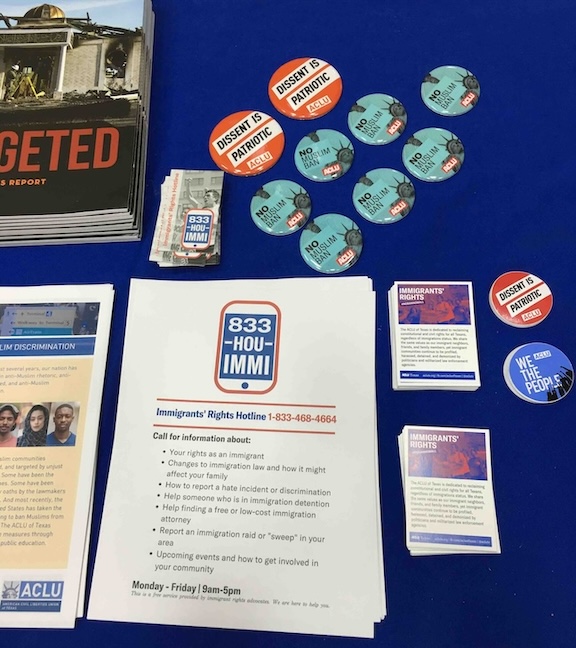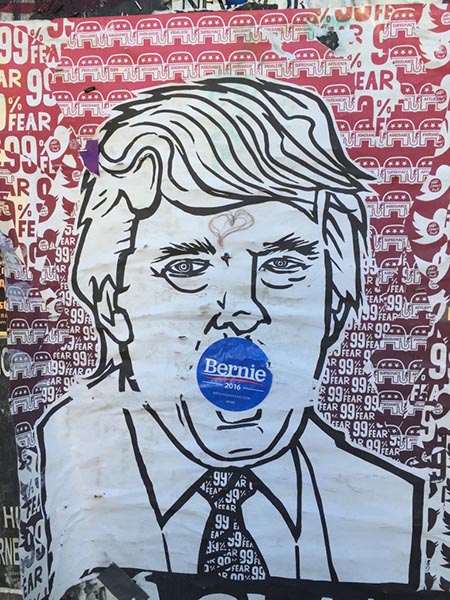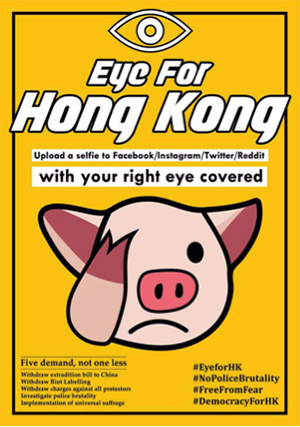
To Witness: Cell Phone Cameras, Immigrant Communities, and Police Accountability
“There is nothing like an iPhone …to show people the problem…” -Alex Vitale, The End of Policing As I contemplate the momentum of the 2024 presidential election cycle, my focus turns to the potential consequences of a renewed Trump presidency. Drawing on my expertise as an ethnographer, I recall the socio-technological impacts of his initial presidency, which fueled activism and organizing for civil liberties. What follows is a reflection on my fieldwork in Houston, Texas during 2018 and 2019, focusing on how anti-surveillance advocates at the American Civil Liberties Union (ACLU) of Texas used cell phones and their cameras as resistance tools. The ACLU has been an active proponent for those in need of protection from government surveillance by educating people in the US on their constitutional rights, advocating for the protection of civil liberties, and taking legal action to stop violations of those rights and liberties. During my eighteen months of research, I engaged with anti-surveillance advocates at the national, state, and city levels who prepared organizing efforts and legal cases limiting unlawful surveillance capabilities. For this piece, I focus on promoting cell phone camera usage in ACLU’s “Know Your Rights” workshops and through the ACLU Blue and ACLU La Migra mobile applications. Throughout the piece, I reckon with what Deborah Thomas calls “the often difficult-to-parse relationships between surveillance and witnessing” (2000, 717). Witnessing the precarity of past ethnographic junctures can highlight injustices, bring them to attention, and formulate strategies for their alleviation. Thus, bearing witness to the past moments may help gain agency over unpredictable futures. (read more...)


